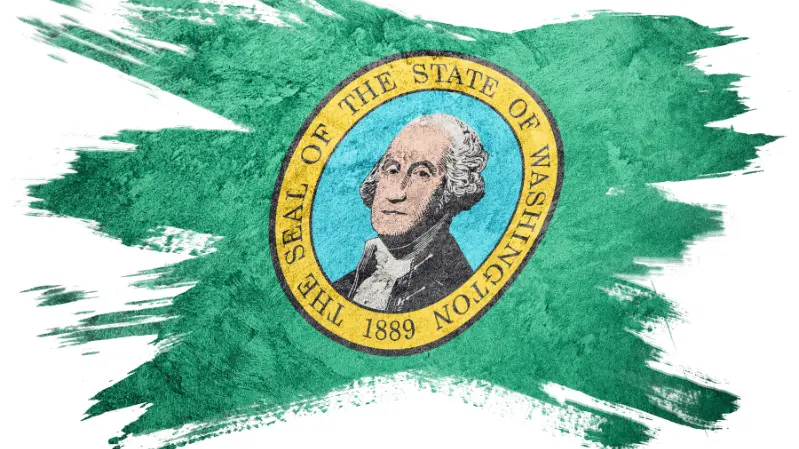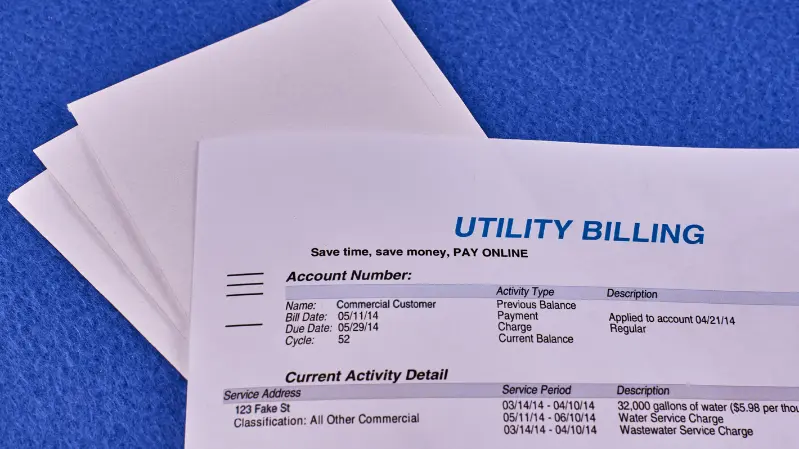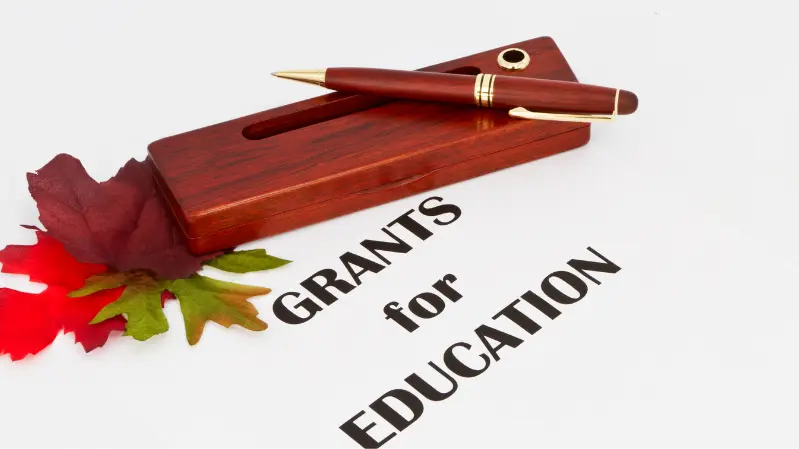Rebuilding your life after incarceration is tough, but a little financial support goes a long way. Check through these financial assistance programs and grants for felons in Washington State to see what help you can get.
Government Funded Programs And Grants For Felons in Washington State

Felons on a low income can qualify for programs that provide free financial assistance for basic needs:
- Supplemental Nutrition Assistance Program
- Temporary Assistance for Needy Families Program
- Diversion Cash Assistance Program
- Pregnant Women Assistance Program
- State Home Energy Assistance Program
- City of Seattle’s Utility Discount Program
- Cascade Arrearage Relief Energy Savings
- Lifeline Phone Plan
- Apple Health Program
- Rent Assistance
Monthly Grants For Food
The Supplemental Nutrition Assistance Program (Food Stamps) in Washington State is called Basic Food. The program provides low-income residents with a monthly payment to spend on groceries.
Your payment is based on your income and the number of people in your household.
A single-person household earning less than $2,510/month can get up to $292/month.
See how much you could get: https://www.snapscreener.com/screener/washington
Monthly Cash Assistance
Low-income felons with dependant children (and pregnant women) can claim a monthly payment from the Temporary Assistance for Needy Families program (TANF).
The amount you’ll get depends on your income and household size. The maximum monthly payment for a family of 3 is $706. TANF payments are limited to 60 months.
Emergency Cash Assistance
Felons who are low-income residents of Washington State can qualify for a payment of up to $2,000 per year from the Diversion Cash Assistance program.
If you meet the eligibility criteria for Temporary Assistance for Needy Families but aren’t currently receiving TANF you can apply for emergency cash assistance.
Apply through Washington Connection: https://www.washingtonconnection.org/
Pregnant Women Assistance (PWA) Program
Female felons with a baby on the way may qualify for a monthly cash grant of up to $450. Payments are available for low-income women who don’t meet the requirements for TANF.
Read Also: Pell Grants For Moms Going Back To School
Grants To Help With Utility Costs

State Home Energy Assistance Program
The State Home Energy Assistance Program (SHEAP) helps low-income households (including felons) earning up to 80% of the area median income.
That means different income limits apply depending on where you live in Washington State.
In Seattle, an individual can qualify for a utility grant with an income up to $70,000, while in Spokane the income limit for a single-person household is $55,000.
To apply for a grant contact a State Home Energy Assistance Program partner.
Learn more: https://www.commerce.wa.gov/community-opportunities/sheap/
City of Seattle’s Utility Discount Program
Low-income Seattle residents can get a big utility bill discount averaging around $732 per year.
- Seattle CityLight bills – 60% discount
- Seattle Public Utilities bills – 50% discount
A single-person household making less than $44,268/year will qualify.
Click on the link to check if you’re eligible: https://www.seattle.gov/human-services/services-and-programs/utility-discount-program.
Cascade Arrearage Relief Energy Savings (CARES)
Washington residents struggling to pay for natural gas can get a discount of up to 90%. Eligibility for the program and the amount of your discount are based on your income and household size.
You can learn more the program here: https://www.cngc.com/customer-service/low-income_assistance_programs/
Free Lifeline Phone Plan
Make your budget stretch further with a free phone plan. Low-income felons can qualify for free unlimited calls and texts plus 4.5GB of data each month.
Eligibility is based on your income and household size. A single-person household earning less than $20,331 will qualify.
Free Healthcare For Felons
You may be eligible for a free or low-cost healthcare plan from Washington’s Apple Health program (Medicaid).
To benefit you’ll need to be aged between 19 and 64 and have a qualifying income. For a single person, the most you can earn each month is $1,732.
Find out more: https://www.hca.wa.gov/free-or-low-cost-health-care/i-need-medical-dental-or-vision-care/eligibility-overview
Rent Assistance
Felons able to pass their local Public Housing Authority background check can qualify for the Housing Choice Voucher program or Public Housing program. Residents in these programs have rent capped at 30% of their adjusted income.
Criminal convictions are assessed on a case-by-case basis and applicants will only be disqualified if they pose a demonstrable risk to the safety of other residents or the property.
Note – felons convicted of the following offenses are permanently banned from these programs by federal law:
- Felons subject to a lifetime registration requirement for a sexual offense in any state
- Felons convicted of manufacture or production of methamphetamine on the premises of federally assisted housing
Find your local PHA HERE.
Education/Training Grants And Opportunities For Felons

Get federal and state grants to help you pay for college and trade school programs or take advantage of free job training through the Workforce Innovation & Opportunity Act.
Federal Pell Grant: Provides financial assistance of up to $7,395 per year to help low-income students attend college or trade school.
Federal Supplemental Educational Opportunity Grant: Students with exceptional financial need can receive up to $4,000/year of additional funding. Funding for the FSEOG is limited so apply early.
Washington College Grant: This state grant could pay for your entire college degree, career training program, or apprenticeship.
The amount you get depends on your income and family size. As an example, a student from a family of four with a household income of $78,500 or less qualifies for free education.
Learn more: https://wsac.wa.gov/wcg
Workforce Innovation & Opportunity Act: The WIOA pays for training and certification programs so you can get in-demand skills in fields like healthcare, construction, technology, transportation, and manufacturing.
You could also be eligible for paid on-the-job training. Speak to your local Job Center advisor to find out about your options.
Work Opportunity Tax Credit (WOTC): This financial incentive encourages employers to hire felons.
Employers hiring felons within one year of release or conviction can qualify for tax credits. Ask your Job Center for a WOTC introduction letter to show potential employers how much they can save if they hire you.
Federal Bonding Program: This is another program that helps felons get hired. Employers can get free insurance cover for losses of up to $5,000 due to dishonest acts by employees with criminal records.
Get More Help
Call the free 2-1-1 helpline to connect with other sources of financial assistance and reentry support. You can also visit https://wa211.org/.
Washington Community Action Agencies are another valuable resource you can turn to for help. Find your nearest agency at https://wapartnership.org/.
See Also: